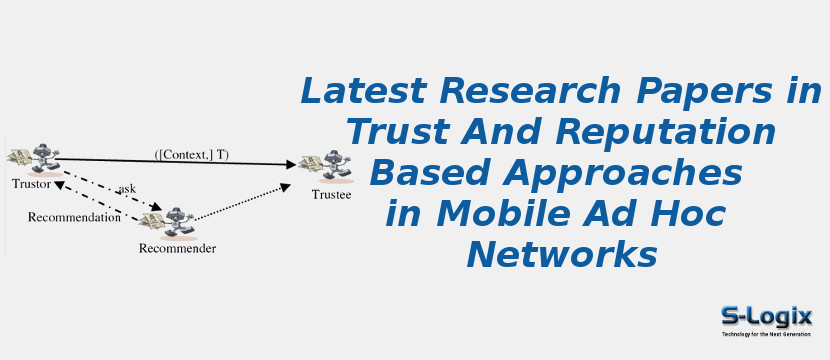Recent research on trust and reputation-based approaches in MANETs emphasizes leveraging node behaviour history, collaboration evaluation, and context-aware metrics to enhance routing and guard against malicious or selfish nodes. These studies employ fuzzy logic, Dirichlet probability models, hybrid optimisation algorithms and trust?aware routing policies to quantify trustworthiness and reputation of nodes based on factors such as forwarding behaviour, energy status, mobility, reliability and QoS parameters. By integrating trust scores into routing decisions (for example, in protocols like AODV) or enabling trust-based multipath/secure routing, the systems aim to avoid unreliable nodes, reduce packet loss, extend network lifetime and maintain QoS under adversarial settings. Furthermore, newer works exploit context-aware trust metrics, second-hand reputation reports, and dynamic trust computation to adapt to changes in node behaviour and mobility, thereby making routing in highly dynamic, infrastructure-less MANETs more robust and secure.
